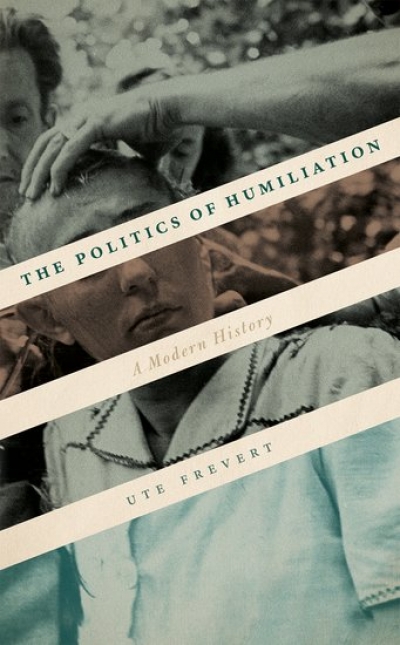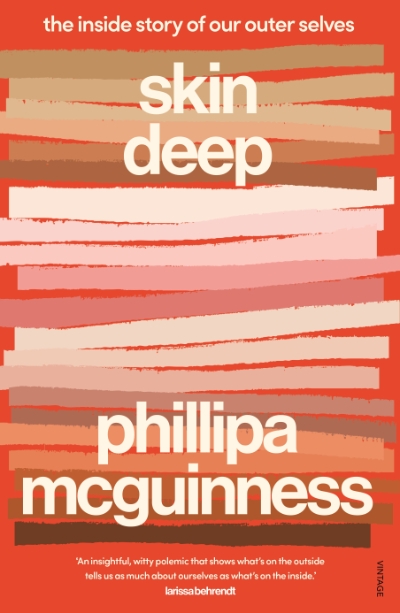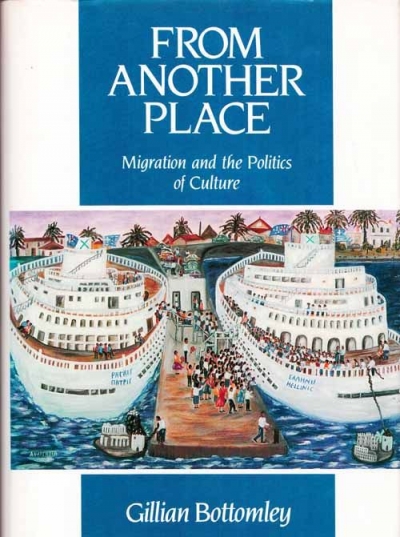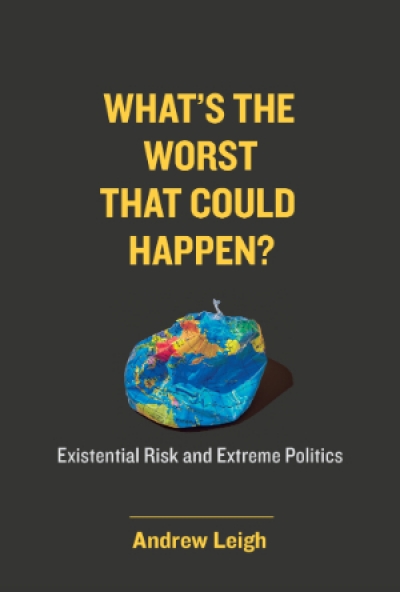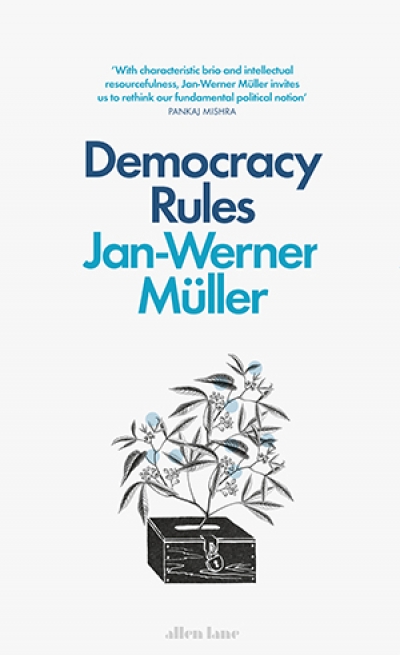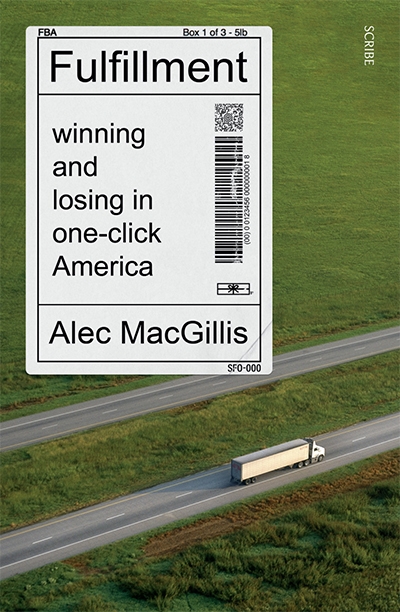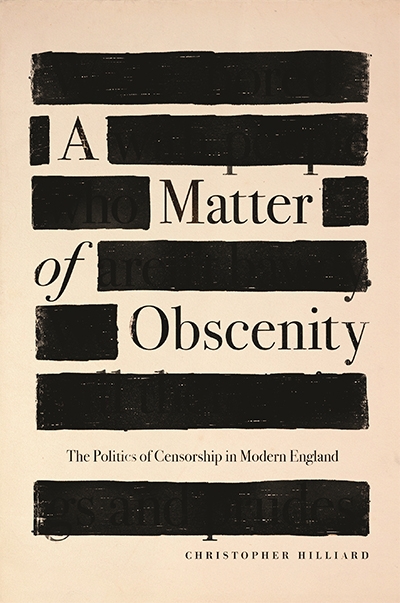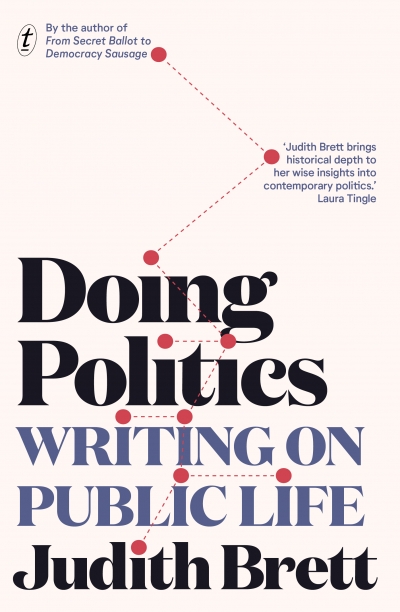Society
In Australia today, many young people are actively engaged in politics. While adults often describe young people as disengaged, apathetic, or uninformed about politics, these perceptions and labels do not align with the reality. As Judith Bessant has pointed out, ‘[T]here is a long and rich history of political action by children and young people’ (Making-Up People: Youth, truth and politics, Routledge, 2020).
... (read more)As I started to read this book, right-wing extremists stormed the US Congress, spurred on by a president who was unable to accept defeat at the ballot box. It has long been recognised that Donald Trump is a narcissist, but, as Ute Frevert aptly points out in The Politics of Humiliation, narcissism and shame are closely related. Trump feels humiliated by his defeat and is therefore psychologically incapable of accepting his loss, on any level. But there is another side to Trump’s behaviour: he has been quite ‘shameless’ in the way he bends truth and humiliates other political leaders.
... (read more)Skin Deep: The inside story of our outer selves by Phillipa McGuinness
In Skin Deep: The inside story of our outer selves, Australian writer Phillipa McGuinness gathers some impressive facts about skin. A square centimetre contains, among other things, six million cells, two hundred pain sensors, and one hundred sweat glands. The skin of an individual weighing seventy kilograms ‘covers two square metres and weighs five kilograms’. A YouTube channel where you can watch a dermatologist popping pimples has amassed more than three billion views. The beauty and personal care industry accrues half a trillion dollars in annual sales, while one major cosmetics company now spends seventy-five per cent of its billion-dollar advertising budget on influencers.
... (read more)From Another Place: Migration and the politics of culture by Gillian Bottomley
The title of Gillian Bottomley’s lively study addresses both the major theme of migration and her own position as an academic anthropologist. Bottomley targets specialist studies with hard and fast disciplinary categories and attitudes and rejects the tone of impersonal scholarship which such works frequently adopt.
... (read more)Raymond Williams at 100 by Paul Stasi & Culture and Politics by Raymond Williams
The 2021 centenary of Raymond Williams’s birth was a moment of acknowledgment but also involved some assessment and testing of his ongoing relevance. Williams seemed to live many lives: son of a railway worker in rural Wales, Communist Party member, wartime tank commander, tutor in the Workers’ Educational Association, novelist, author of key texts within cultural and media studies, professor of drama at Cambridge University, founding figure of the British New Left, television reviewer and commentator, socialist activist and Welsh nationalist, cultural and Marxist theorist.
... (read more)What’s the Worst That Could Happen?: Existential risk and extreme politics by Andrew Leigh
Most people, and certainly most politicians, don’t spend much time or emotional energy thinking about whether human life on this planet will still exist in one hundred years’ time, or what efforts might need to be made right now if we and our descendants are to avoid extinction.
... (read more)In this accessible contribution to the burgeoning literature on democracy’s travails and what to do about them, Jan-Werner Müller makes a case for hard borders and fundamental principles. These are not the hard borders desired by authoritarian leaders. Instead, Müller asks us to go back to basics (he uses the concept riduzione verso il principo) to establish some hard borders in our understanding – and hence practice – of democracy. Those borders should be drawn around the fundamental democratic principles of uncertainty and equality. At its most basic, this is a call to reimagine and reinvest in the intermediary institutions of representative democracy – particularly parties and autonomous media – to restore the infrastructure of democratic politics in the developed world.
... (read more)Fulfillment: Winning and losing in one-click America by Alec MacGillis
In 1995, a new online marketplace called Amazon sent out its first press release, with its thirty-one-year-old founder, Jeff Bezos, proclaiming: ‘We are able to offer more items for sale than any retailer in history, thanks entirely to the Internet.’ Nearly three decades later – Amazon having steroidally expanded from a book retailer to a multinational hydra of e-commerce, cloud storage, and digital streaming – this is no longer hyperbole. The company absorbs at least half of America’s online spending, and nearly 150 million US citizens subscribe to Amazon Prime, roughly the same number that voted in the recent presidential election. In 2020, while the pandemic crippled most industries, Amazon’s net profit swelled by eighty-four per cent. Today, Jeff Bezos is valued at US$200 billion – approximately the value of New Zealand’s GDP.
... (read more)A Matter of Obscenity: The politics of censorship in modern England by Christopher Hilliard
Censorship is to culture what war is to demography: it creates absence where presence should be. Christopher Hilliard’s fascinating and deeply informed monograph on the politics of censorship in Britain (and by extension its colonies) from the 1850s to the 1980s is concerned with the many books, magazines, and films that fell afoul of the authorities, from translations of Zola in the wake of the Obscene Publications Act 1857 to the skin mags of the 1970s.
... (read more)Judith Brett, historian and La Trobe University emeritus professor of politics, is characteristically direct – in her questioning, her analysis, and her engagement with readers. If there is something declarative about ‘Going Public’, the title of Doing Politics’s introductory chapter, that is exactly what Brett intends: to go public, to offer a general reader her considered reflections on Australian political and cultural life. This is not an assemblage of opinion pieces, though her writings have a related journalistic conciseness and impact – they speak to the times. What distinguishes Brett’s collection of essays is their scholarly depth and habit of enquiry. They prompt thought before they invite agreement, or conclusions. Even the bad actors, the political obstructors, the wreckers in Brett’s political analysis, are psychologically intriguing. Why are our politicians like this? What’s going on? Judith Brett studied literature and philosophy as well as politics as an undergraduate. Perhaps Hamlet drills away in her consciousness: ‘There are more things in heaven and earth, Horatio, / Than are dreamt of in your philosophy.’
... (read more)


